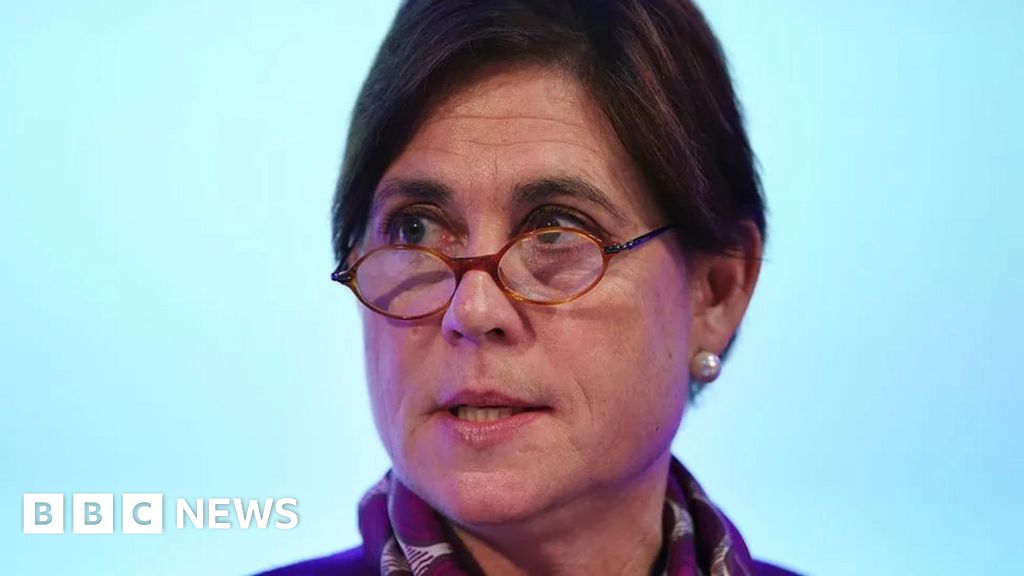Dengue fever has become a significant public health concern in the first half of this year, with the World Health Organization (WHO) reporting a record 10 million cases. This is three times higher than the same period in 2023 and highlights the dangers of the pandemic. The Americas saw the most significant increase in cases, with over 7 million by the end of April.
The disease, which was previously common in Southeast Asia but often overlooked in the Western world, has seen a surge due to climate change. The Aedes aegypti mosquito, which carries the virus, is thriving in warmer temperatures, leading to more infections. One notable case is that of Genesis Polanco Marte, a 9-year-old who was admitted to a hospital in the United States with symptoms of dengue fever.
Climate change is a key factor in the spread of dengue fever as it creates ideal conditions for Aedes aegypti mosquito breeding. Hot and stormy weather increases transmission risk without effective vaccination strategies controlling its spread becomes increasingly challenging. Vaccination against dengue fever remains difficult due to its unique characteristics – having multiple serotypes and causing severe disease.
Experts warn that if we don’t take immediate action, dengue fever could spread to temperate regions including South America. The lack of specific treatment for dengue fever and its serious complications make it an even greater concern. It’s imperative we have a coordinated effort to improve vaccination rates and address underlying factors driving this outbreak before it becomes uncontrollable.
In conclusion, dengue fever poses a significant threat not only to those already affected but also potentially expanding globally if left unchecked. We must prioritize research and development for effective vaccines while working on reducing environmental factors contributing to its growth. Only through concerted efforts from governments, NGOs and individuals can we hope to control this deadly disease effectively.



